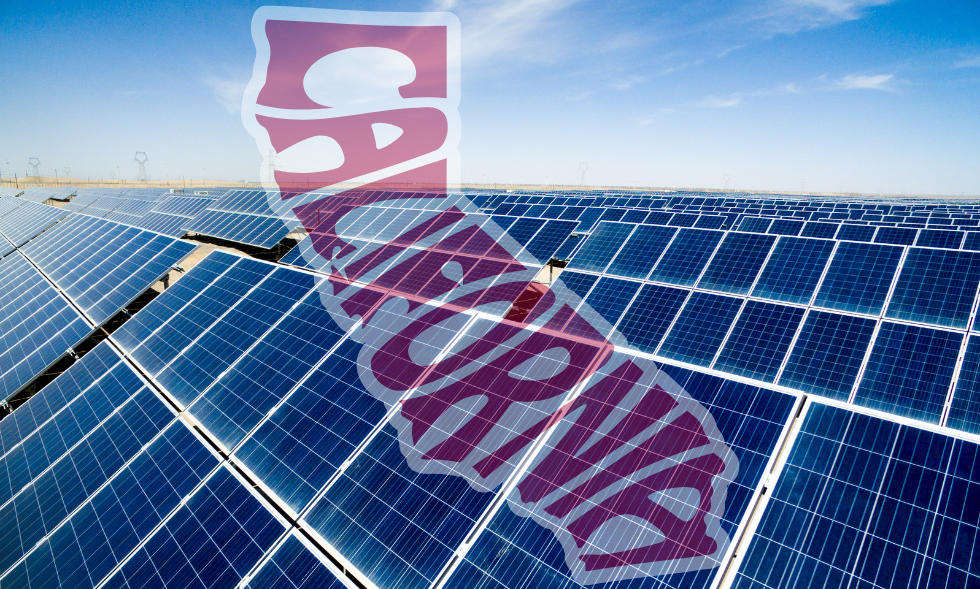Pima County Superior Court Judge James E. Marner has ordered the University of Arizona (UA) to release emails regarding “Climategate,” a scandal involving the alleged manipulation of temperature data by climate scientists which led to accusations the scientists involved attempted in an organized fashion to subvert transparency laws in the United States and United Kingdom, kept dissenting work from being published, and retaliated against scientists and editors involved in publishing dissenting work.
The emails in question include correspondence between two researchers at UA and scientists at England’s East Anglia University, all of whom were connected to the United Nations’ Intergovernmental Panel on Climate Change (IPCC).
The two UA faculty members, Professor and IPCC Coordinating Lead Author Jonathan Overpeck and Malcolm Hughes, Ph.D., corresponded with Phil Jones, Ph.D. of East Anglia regarding the widely cited “hockey stick” graph purporting to show average global temperatures have risen dramatically in recent decades.
Open Records Request
Marner’s November 30, 2017 order culminates legal actions that began with a request for the emails in 2011 by the nonprofit Energy & Environment Legal Institute (E&E Legal) under Arizona’s open records law.
Although UA previously released several thousands of pages of the scientists’ emails and other documents pursuant to a previous court order, it allowed the professors involved to decide which emails were responsive to the request and would allow the university to produce. Overpeck and Hughes withheld emails they deemed not to be “responsive” to the plaintiff’s request. Marner disagreed with their assessment and ordered UA to release the emails.
Academic Privilege vs. Right to Know
UA did not dispute the emails and associated documents are public records generated on taxpayer-funded university computers by government employees, but it claimed the emails and documents it didn’t release were covered by an “academic privilege” under state law.
An Arizona law shields “unpublished research data, manuscripts, preliminary analyses, drafts of scientific papers, plans for future research and prepublication peer reviews” from public disclosure if, under state court precedent, disclosure of the records is “contrary to the best interests of this state,” unless the subject matter is generally available to the public. Marner found the latter to be true in the present case.
UA had appealed Marner’s previous decision, and on September 14, 2017 an Arizona Court of Appeals remanded the case back to the judge to consider the applicability of specific provisions of state law.
Marner’s new decision reaffirms his 2016 order to release the emails.
“With this ruling, the Court hopes to reassure the Court of Appeals and the parties that all arguments made at the trial level were considered and all relevant law applied,” wrote Marner.
Calls for Transparency
Since Marner’s ruling, UA has filed a motion requesting a new trial, which E&E Legal opposes. Craig E. Richardson, president of E&E Legal, says UA is attempting to hide the emails to avoid embarrassment over its researchers’ role in the Climategate incident.
“It’s clear that [UA] is fearful of embarrassment the release of these e-mails would cause, as the discovery of other Climategate emails did,” Richardson said in a press statement. “However, this doesn’t alleviate the university’s responsibility to release them, as the Court has now twice ruled.”
David Schnare, an attorney with E&E Legal, says what he calls UA’s “dilatory actions” could result in further delay in making the emails public.
“We do not expect to see the emails the court has determined must be disclosed until after all appeals are resolved,” said Schnare. “That is likely to take another 12 to 18 months.”
Behind the Climate Curtain
Marc Morano, publisher of Climate Depot, says Marner’s ruling will improve the debate over climate science and politics.
“The court’s ruling is more good news for the climate debate,” said Morano. “Whenever the public can peel back the veneer of the climate change establishment and see how the climate ‘sausage’ is made, it is a good development.
“Shining a light on the tactics and practices of the climate change professors is a great way to peer behind the phony ‘consensus’ curtain,” Morano said.
Joe Barnett ([email protected])writes from Arlington, Texas.
INTERNET INFO
Hon. James E. Marner, Ruling in Energy & Environmental [sic] Legal Institute (Plaintiff) Vs. Arizona Board of Regents, Et Al. (Defendant[s]), November 30, 2017: https://heartland.org/publications-resources/publications/ruling-in-energy–environmental-legal-institute–plaintiff-vs-arizona-board-of-regents-et-al



